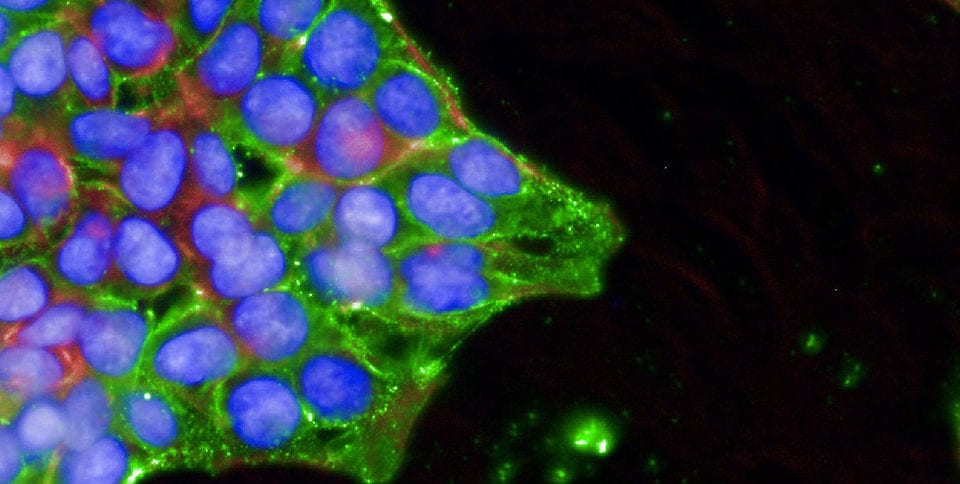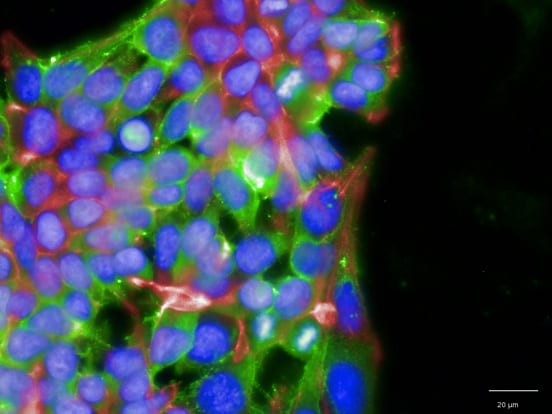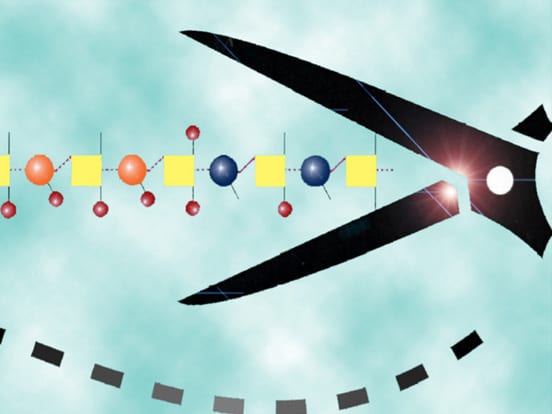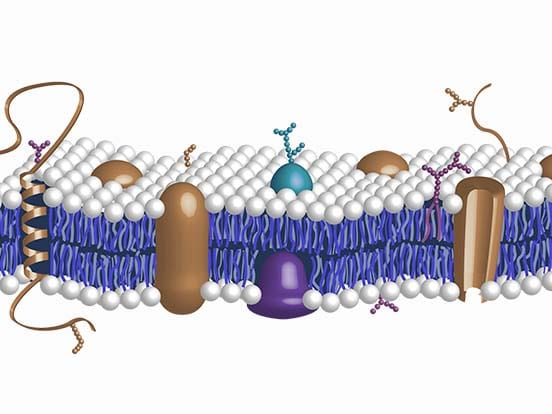Evidence is mounting that SARS-CoV-2 uses heparan sulfates (HS) during the initial attachment to hosts cells, and this interaction appears to increase the affinity for the critical receptor, ACE2. The viral spike protein has a high affinity for heparin, particularly unfractionated heparin (UFH).

Single-Cell Sorting of Oligodendrocytes and Oligodendrocyte Precursor Cells
August 27, 2020
Clinical Study of iPSC-Derived Corneal Epithelial Cells
May 22, 2020A customer spotlight on researchers at the University of Sheffield measuring the interaction between SARS-CoV-2 Spike S1 protein receptor binding domain (SARS-CoV-2 S1 RBD) and heparin. This has resulted in a new assay which could be a useful first screen for novel inhibitors of coronavirus infection.
We have shown that sub-prophylactic doses of unfractionated heparin (UFH) can inhibit spike protein interactions with host cells whereas low molecular weight heparins (LMWH) such as enoxaparin and dalteparin are less effective. These findings have implications for the treatment of COVID-19. Current treatment often involves the administration of LMWH in the later stages when widespread blood clotting occurs. Earlier administration of UFH, or the delivery of nebulised heparin directly to the worst-affected organ, the lungs, may be an interesting therapeutic intervention to explore.
Dr Peter Monk, Professor of Immunology, University of Sheffield Medical School
We provide a collection of high quality Heparan Sulfate (HS) antibodies. These HS antibodies include F69-3G10, F58-10E4 and JM403 clones, which have been proven useful for targeted detection of varying levels of sulfated HS specific thought to be important in virus attachment.
Heparan Sulfate is synthesized as the glycosaminoglycan (GAG) component of Heparan Sulfate Proteoglycans. It is expressed on the cell surface of virtually all cell types and basement membranes in mammals. It displays specific interactions with many biologically active proteins and, thus, is involved in many important biological processes. The non-immunogenic character of HS makes raising antibodies to this target very difficult, so the few hybridoma-derived mouse anti-HS antibodies such as JM403, 10E4 and 3G10 are valuable tools for HS research.
We also supply low molecular weight heparin and unfractionated heparin as research-grade reagents.
For further information on the research group led by Professor Peter Monk, visit https://www.sheffield.ac.uk/medicine/people/iicd/peter-monk.
Image courtesy of the Merry Lab, University of Nottingham, UK. 3G10 antibody staining (green) for Heparan Sulfate on HUES7 cells following Heparinase III digestion (DAPI blue and Phalloidin purple).
References
Unfractionated heparin potently inhibits the binding of SARS-CoV-2 spike protein to a human cell line
Partridge, L. J., Green, L. R., Monk, P. N. (2020) bioRxiv
Additional Resources
We couldn't find any records.
Need Help Finding a Product?
Our reagent specialists are to help you find the best product for your application. Please Call or Email us and we will be happy to help you find the right product for the job.
Subscribe to our newsletter
Be the first to hear about upcoming events, product news, special offers, application notes, and more



